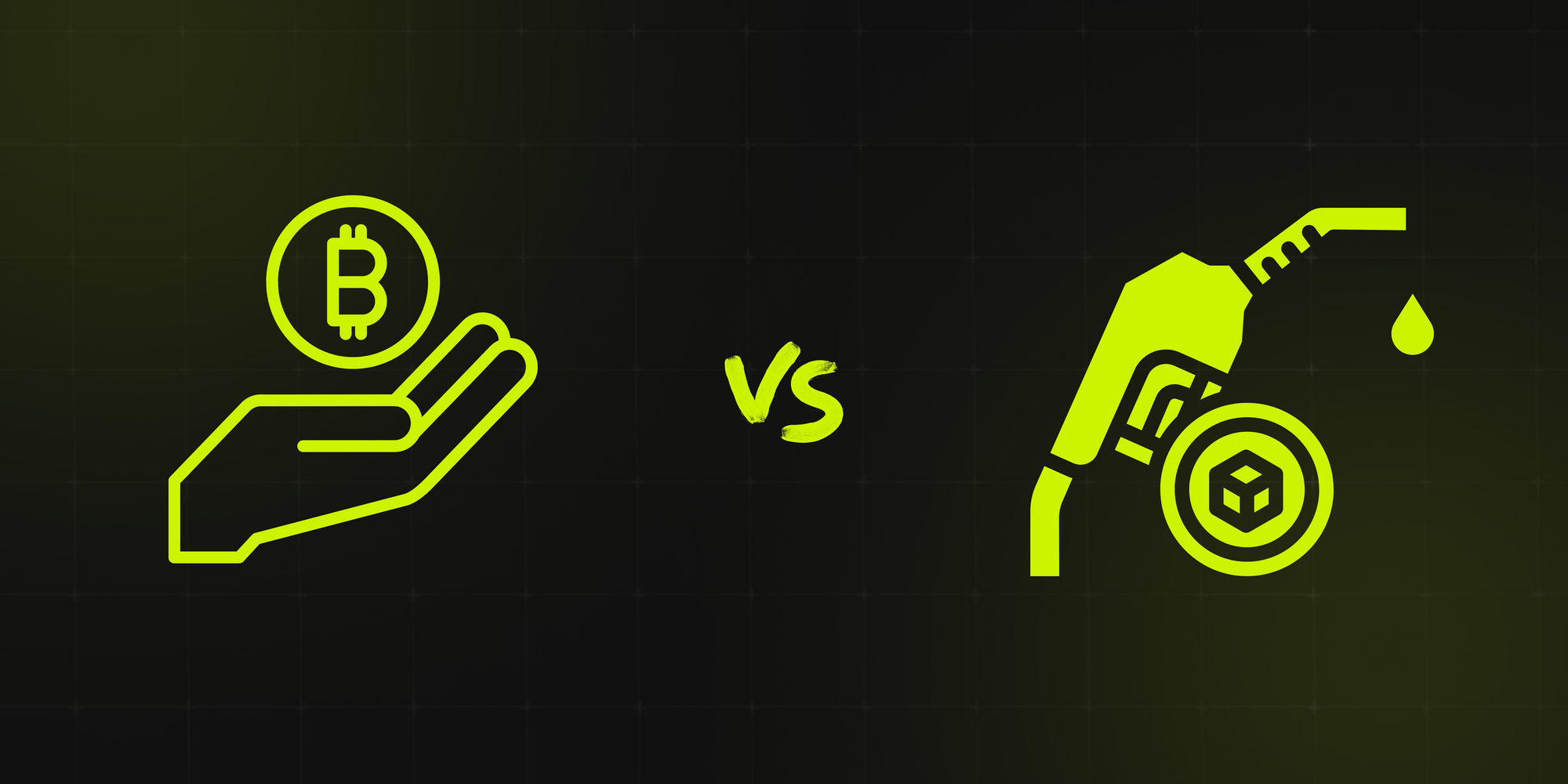Bitcoin fees vs Ethereum gas

A lot of users new to Bitcoin may mistakenly use the term "gas" to refer to the cost to send a transaction on Bitcoin. However, the proper term for this cost is "fees". Furthermore, "fees" and "gas" have somewhat different mechanics. Let's dig in --
Network cost
For decentralized networks like Bitcoin & Ethereum, generally the more people want to use the network the more expensive it is to use that network. This is one of the core mechanics that allows these decentralized networks to maintain a security budget, to remain decentralized.
For more users, the primary difference to emphasize is that Ethereum fees are dynamic & determined by the type of transaction whereas Bitcoin fees have no minimum and are determined by the amount of data in the transaction.
Ethereum gas
Gas on Ethereum is the amount of ether (ETH) that is required to interact with the Ethereum blockchain. Gas has 3 main components: base fee, gas units, and tips.
Ethereum transactions are priced by type of transaction & by network "congestion" or demand.
Base fee is the minimum amount necessary to execute a transaction on Ethereum & this amount is dynamic dependent on network congestion (Bitcoin is different in that it's only 1 sat to broadcast a transaction).
Gas units are the maximum amount of gas a user is willing to pay for a transaction. The more a user pays, the faster the transaction will be processed.
Tips are an additional amount that users can add to a transaction for block producers to process the transaction faster.
It's also important to note that on Ethereum, a transaction can spend gas and never be processed, and the gas cost is lost for the user. Whereas this does not happen on Bitcoin, if a transaction is not included in a block the fees do not get spent from the user's bitcoin balance.
Bitcoin fees
Bitcoin fees are a function of network demand and amount of data in the transaction.
Bitcoin transactions can be broadcast at any fee rate over 1 sat/vbyte, but the cost of the transaction is a function of the size of the transaction * the fee rate.
Fees determine how likely the transaction will be included in the next block, where block producers/miners (typically) work through the most valuable transactions first.

